Audit Readiness
Audit readiness refers to the state of being prepared and organized for an upcoming audit. It involves ensuring that the necessary documentation, records, and processes are in place to facilitate a smooth and efficient audit.
Here are some key considerations for achieving audit readiness:
Understand the Audit Requirements
Understand the Audit Requirements Familiarize yourself with the specific requirements and expectations of the audit. This includes understanding the scope of the audit, the applicable audit standards, and any specific areas of focus or risk identified by the auditors.
Establish Internal Controls
Implement and maintain strong internal controls to ensure accuracy, completeness, and reliability of financial information. This includes segregation of duties, authorization procedures, proper documentation practices, and regular monitoring of internal controls to identify and address any deficiencies.
Maintain Proper Documentation
Keep organized and complete documentation to support the financial transactions and balances reported in the financial statements. This includes invoices, receipts, bank statements, contracts, and other relevant records. Ensure that the documentation is easily accessible and in compliance with any regulatory or legal requirements.
Reconcile Accounts
Conduct regular reconciliations of key accounts, such as bank accounts, accounts payable, and accounts receivable. Reconciliations help identify and resolve any discrepancies or errors, ensuring the accuracy of financial information.
Review Financial Statements
Review the financial statements and disclosures to ensure they are prepared in accordance with the applicable accounting standards. Verify that the financial statements present a true and fair view of the company's financial position, performance, and cash flows.
Assess Compliance
Evaluate compliance with relevant laws, regulations, and industry-specific requirements. Identify any areas of non-compliance and take corrective actions before the audit. This includes tax compliance, regulatory reporting obligations, and adherence to corporate governance standards.
Prepare Supporting Schedules and Analysis
Compile supporting schedules and analysis to provide additional details and explanations related to the financial statements. This helps auditors understand the nature of transactions, significant balances, and any unusual or complex accounting treatments.
Address Previous Audit Findings
If there were any findings or recommendations from previous audits, ensure that appropriate actions have been taken to address them. Document the steps taken to resolve any identified issues and be prepared to provide evidence of remediation during the current audit.
Coordinate with Auditors
Establish open lines of communication with the audit team. Respond promptly to their inquiries and provide requested documentation or information. Address any questions or concerns raised by the auditors in a timely and thorough manner.
Conduct Internal Audit or Mock Audit
Consider conducting an internal audit or a mock audit to assess your readiness for the actual audit. This helps identify potential areas of weakness, gaps in documentation, or areas where further preparation may be required.
By proactively preparing for an audit and ensuring audit readiness, you can help streamline the audit process, minimize disruptions to day-to-day operations, and increase the likelihood of a successful and efficient audit outcome.
Connect with Us!
Connect with us, locate an office closest to you, or join our team.

